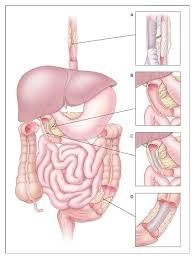Self Expending Metal Stents
India
-
Our Price USD 2250
-
Hospital Price USD 2500
-
You Save : USD 250
Booking Amount: USD 225. Pay Remaining 90% at the hospital.
Book NowAdditional Credit
Among the important extras we offer as part of the Additional Credit are the following:
-
Site Tourism For The Patient & Attendant
-
Airport Pick & Drop Service
-
Ambulance service at airport
-
Priority appointments with The Doctor
-
Cancel Easily Anytime with Full Refund
-
Room Upgradation
-
Free Online Doctor Consultation Valued at USD 20
-
Free hotel Stay for 5 to 7 days Accordingly
-
Welcome Kit at Arrival
-
Interpreter
-
Medical Visa Assistance
What is Included?
- Doctor consultation charges
- Lab tests and diagnostic charges
- Room charges inside hospital during the procedure
- Surgeon Fee
- Cost of implant
- Nursing charges
- Hospital surgery suite charges
- Anesthesia charges
- Routine medicines and routine consumables (bandages, dressings etc.)
- Food and Beverages inside hospital stay for patient and one attendant.
What is not Included?
- Extra Radiology Investigations
- Healthcare Professionals Charges of other consultations.
- Other Requested Services such as Laundry etc.
- Additional Pharmaceutical Products and Medicines After Discharge from Hospital.
- Management of Conditions Unrelated to Procedures or Pre-Existing.
- The cost of any additional implants will be in addition to the package cost.
Package Description
Self Expending Metal Stents
A self-expandable metallic stent (or SEMS) is a metallic tube, sometimes known as a stent, that holds open a structure in the gastrointestinal system to enable food, chyme, faeces, or other digestive secretions to flow through.
SEMS are constructed of stainless steel or nitinol, a nickel–titanium alloy that is kink resistant and has a high degree of elasticity.
Disease Overview:
Malignant Colorectal Obstruction
Malignant bowel obstruction (MBO) is a common complication in advanced cancer patients, particularly those with digestive or gynaecological cancers. Any mechanical or functional blockage of the colon that hinders physiological transit and digestion is referred to as bowel obstruction.
Disease Signs and Symptoms:
- Changes in stool consistency, such as loose, thin stools or blood in the stool, which can make faeces seem dark brown or black, indicate diarrhoea or constipation.
- The rectum is leaking bright crimson blood.
- stomach aches, cramps, bloating, or gas
- despite passing stools, constant impulses to defecate
- weariness and weakness
- weight loss that isn't explained
- Irritable bowel syndrome (IBS) is a condition that affects
- Anemia due to a lack of iron
Disease Causes:
- Cells usually go through a predictable cycle of growth, division, and death. When cells proliferate and divide uncontrolled and do not die at the end of their life cycle, cancer can develop.
- Although the specific aetiology of colon cancer is unknown, many variables may raise the risk.
- Cancer is caused by mutations in the DNA of cells. Oncogenes are genes that help cells survive, develop, and divide. Tumor suppressor genes aid in the control of cell division and death.
- Oncogenes and tumour suppressor genes can be affected by DNA alterations, resulting in numerous gene modifications that can lead to colon cancer.
- Polyps are colonic growths that occur on the inside. Although polyps are not malignant, some forms of polyps can lead to cancer.
- If a person has an adenomatous polyp, a form of noncancerous polyp, they are more likely to develop colon cancer Trusted Source. These polyps grow on the inside of the big intestine's walls.
- Through the blood and lymph systems, cancerous cells can move from malignant tumours to other regions of the body.
- In a process known as metastasis, cancer cells can develop and infiltrate healthy tissue nearby and across the body. As a result, the illness becomes increasingly serious and difficult to cure.
Disease Treatment:
The kind and stage of colon cancer will determine the treatment options. When deciding on the appropriate treatment choice, a doctor will take into account a person's age, overall health, and other factors.
There is no one treatment for colon cancer; however, surgery, chemotherapy, and radiation therapy are all alternatives.
The goal of therapy will be to get rid of the cancer, prevent it from spreading, and alleviate any unpleasant symptoms.
Surgery
The most common therapy for early-stage colon cancer is surgery, according to Trusted Source. People may simply need a polypectomy to remove the malignant polyp if the malignancy is only present in a polyp.
A colectomy is a procedure that removes part or all of the colon. A surgeon will remove the cancerous region of the colon, as well as some of the surrounding tissue, during this treatment.
To lessen the danger of the cancer spreading, a surgeon may remove adjacent lymph nodes. Depending on the degree of the colectomy, the surgeon will either rejoin the healthy piece of the colon or construct a stoma.
A stoma is a surgically created opening in the abdominal wall. Waste travels through this aperture and into a bag, obviating the need for the lower colon. This is known as a colostomy.
Other surgical procedures include:
Endoscopy: A surgeon may be able to use this surgery to remove some tiny, localised tumours. They'll insert a thin, flexible tube containing a light and a camera. There will be an attachment for removing malignant tissue as well.
A surgeon will make many tiny incisions in the abdomen during laparoscopic surgery. This might be a viable alternative for bigger polyps.
Palliative surgery: This form of surgery is used to alleviate symptoms in patients with incurable or advanced malignancies. A surgeon will try to clear any obstructions in the colon while also managing pain, bleeding, and other symptoms.
Chemotherapy
During chemotherapy, a cancer care team will give you drugs that stop your cells from dividing. They accomplish this by causing damage to proteins or DNA.
These medicines are effective against any quickly dividing cells, including healthy cells. Cancer cells, on the other hand, cannot normally recover from chemotherapy-induced damage. The drugs will flow throughout the body, and the therapy will be done in cycles to allow the body to repair between dosages.
Chemotherapy may be recommended by a cancer expert, or oncologist, to treat colon cancer:
if cancer has progressed to other organs, before surgery to decrease a tumour to make it simpler to remove after surgery to destroy any leftover cancer cells
Chemotherapy may cause hair loss as a side effect.
nausea\fatigue\vomiting
Multiple forms of chemotherapy are frequently used in combination therapies, as are other treatments.
Radiation therapy
By concentrating high-energy gamma rays on cancer cells, radiation treatment destroys them.
External radiation treatment, which emits these rays from a machine outside the body, may be used by a cancer care team.
A doctor will implant radioactive elements near the tumour spot in the form of a seed with internal radiation.
Gamma rays are emitted by some metals, such as radium. High-energy X-rays might possibly be the source of the radiation. Radiation therapy may be requested as a stand-alone treatment to reduce a tumour or eradicate cancer cells by a doctor. It may also be beneficial when used in conjunction with other cancer therapies.
In the case of colon cancer, therapy with radiation is usually delayed until the later stages. If early-stage rectal cancer has entered the rectum's wall or spread to surrounding lymph nodes, they may utilise them.
Radiation therapy may have the following side effects:
- moderate sunburn or suntan-like changes to the skin
- nausea
- vomiting
- diarrhoea
- fatigue
- lack of appetite
Information related to Treatment
Package Details
Days in Hospital
2 Days
Days in Hotel
*
5 Days
Room Type
Private
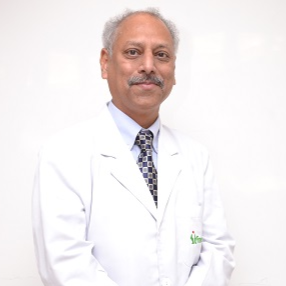
Treating Doctor
Dr. Sudhir Sharma
Bariatric Surgeon- Laparoscopic surgeon, Kidney Stone Specialist, Gastric Sleeve Surgery, Piles Treatment (Non Surgical), Removal Of Stitches Procedure, Gastric Bypass Surgery, Gastric Band Surgery, Gastric Balloon Treatment, Fitsula treatment
Fortis Hospital Noida Noida, India
21 Years of Experience
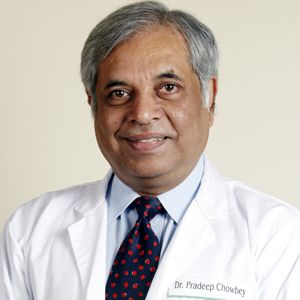
Treating Doctor
Dr Pradeep Chowbey
Bariatric Surgeon- Minimally invasive surgery, MAFT, Single-Port Laparoscopic minimal access surgery, Hand port surgery, Laparoscopic vascular surgery including the vascular grafts, Endoscopic thyroid and parathyroid Surgery, Scarless neck surgery, Groin hernia management, Metabolic & Obesity (MOSI) surgery
Max Super Speciality Hospital New Delhi, India
45 Years of Experience
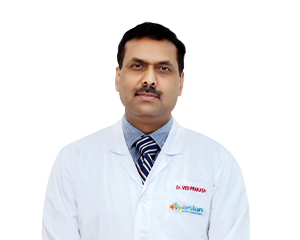
Treating Doctor
Dr. Ved Prakash
Bariatric Surgeon- Hernia Surgeon, colorectal cancer Specialist, Varicose Vein Surgeon, Gallbladder Stone, Kidney Stone Treatment, Endocrine Surgery
Asian Institue of Medical Sciences Faridabad, India
16 Years of Experience
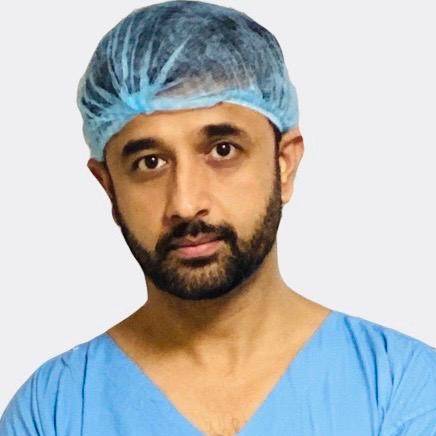
Treating Doctor
Dr Amit javed
Surgical Gastroenterologist- Bariatric Surgeon, Bariatric Surgeon, Laparoscopic Surgery, Laparoscopic Surgery, GI Cancer Surgery, Laparoscopic Surgery, Laparoscopic Surgery, Laparoscopic Surgery, Complex G.I Surgery, Laparoscopic Surgery
CK Birla Hospital, Gurgaon Gurgaon, India
21 Years of Experience
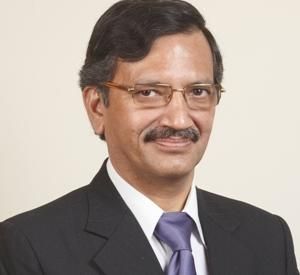
Treating Doctor
Dr Rajesh Khullar
General surgeon- Bariatric Surgeon, Bariatric Surgeon, Rhinoplasty, Abdominoplasty, Abdominoplasty, Rhinoplasty, Blepharoplasty, Endosurgery, Abdominoplasty, Face Lift/ Rhytidectomy, Rhinoplasty, Blepharoplasty, Endosurgery, Abdominoplasty, Face Lift/ Rhytidectomy, Rhinoplasty, Endosurgery, Blepharoplasty
Max Super Speciality Hospital New Delhi, India
36 Years of Experience
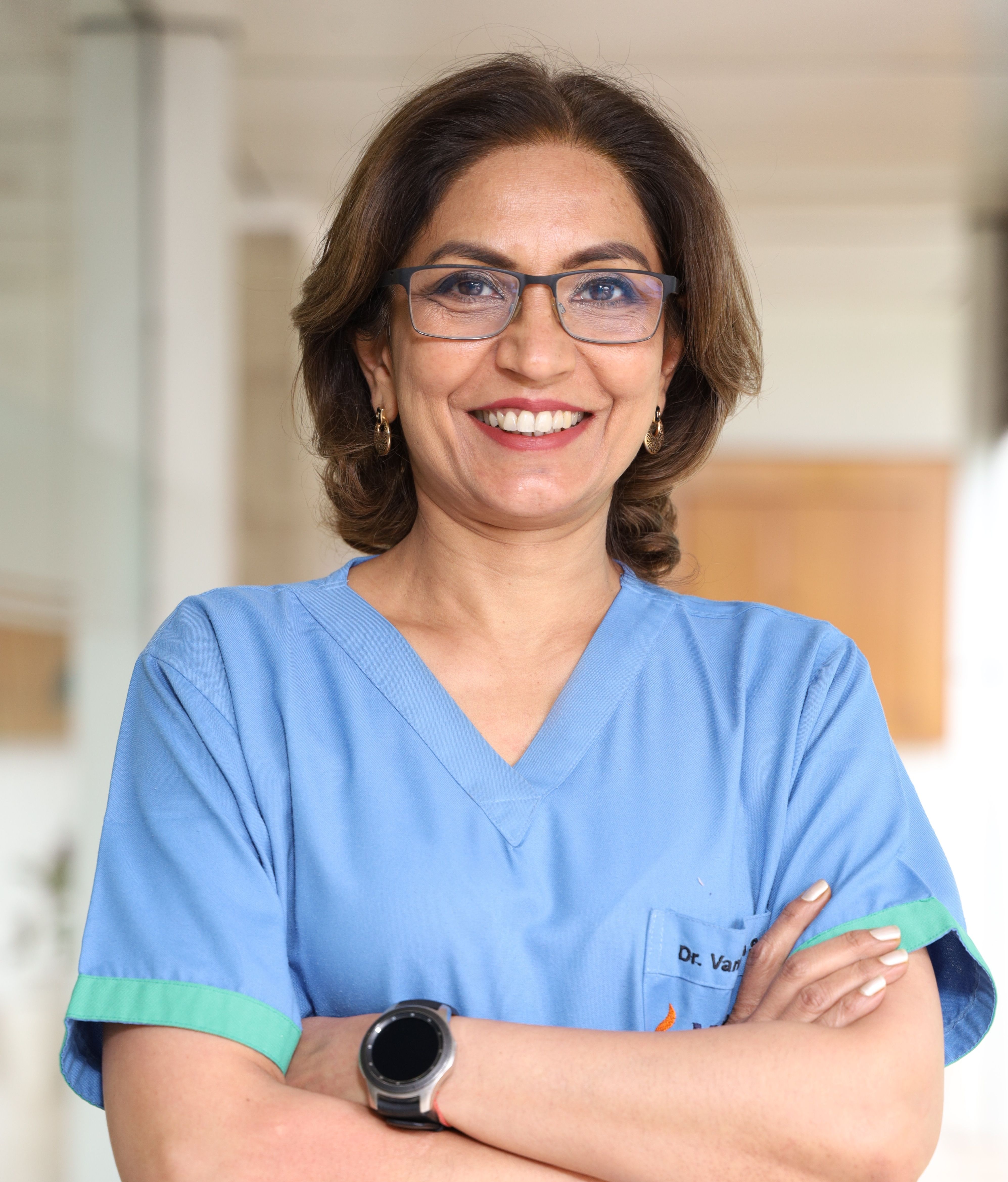
Treating Doctor
Dr vandana Soni
Bariatric Surgeon- Bariatric Surgeon, Bariatric Surgeon, Minimal Access Surgery, Bariatric & Metabolic Surgery, Bariatric & Metabolic Surgery, Minimal Access Surgery
Max Super Speciality Hospital New Delhi, India
29 Years of Experience
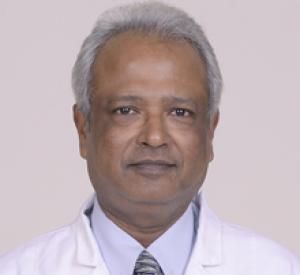
Treating Doctor
Dr P K Dewan
Bariatric Surgeon- Gastrointestinal surgery, Laparoscopic surgeon, Gallbladder Surgeon, Fistula Surgeon, Fistula Surgeon, Hernia Repair Surgery, Anal Fissure Surgery, Anal Fissure Treatment (Non-Surgical), Diabetic Foot, Endoscopic Surgery, Hemorrhoids, Hepato-Biliary-Pancreatic, Incisional Hernia, Laparoscopic Abdominal Surgery, Navel Laparoscopic, Hepato-Biliary-Pancreatic, Hemorrhoids, Endoscopic Surgery
MAX Super Speciality hospital, Patpadganj Delhi New Delhi, India
42 Years of Experience
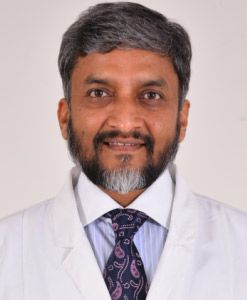
Treating Doctor
Dr. Ajay Jain
General surgeon- Cardiothoracic anesthesiology, Bariatric Surgeon, Hernia Surgeon, Cancer Surgeon, Laparoscopic surgeon, Hernia Surgeon, Liver Transplant, Hernia Surgeon, Laparoscopic surgeon, Bariatric Surgeon, Kidney Transplant, Breast Surgery, GI Surgery, Minimal Access Surgery, Piles Surgery, Thoracic Surgery, General Surgery, Breast Surgery, Piles Surgery, Kidney Transplant, Liver Transplant, Laparoscopic Cholecystectomy, Kidney Transplant, General Surgery, Piles Surgery, Advanced Laparoscopic and Robotic Surgeries, GI Surgery, Minimal Access Surgery, General Surgery, Lung Tranplantation, GI Surgery, Breast Surgery
MAX Super Speciality hospital, Patpadganj Delhi New Delhi, India
27 Years of Experience

